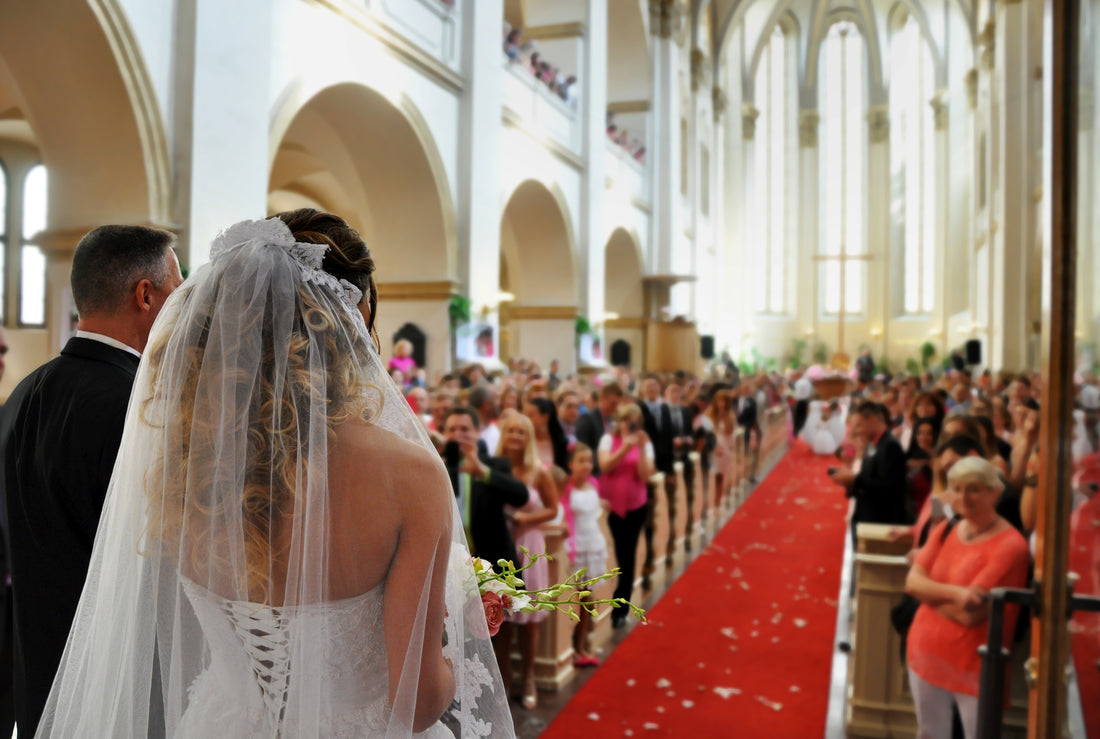
Traditional Or Non-Traditional Wedding?
Weddings are a momentous occasion in any couple's life, and the planning process can be both exciting and overwhelming. One of the first decisions that couples must make is whether they want a traditional or non-traditional wedding. Both options have their benefits, and the choice ultimately depends on the couple's preferences and values.
Traditional weddings typically follow a set of established customs and rituals. For example, the bride wears a white gown, the groom wears a tuxedo, the couple exchanges rings, and there is a first dance. The ceremony often takes place in a religious setting, such as a church or temple, and is officiated by a religious leader. The reception typically includes dinner, speeches, and dancing.
There are several advantages to having a traditional wedding. For one, it is a familiar format that many people are comfortable with, and it can be easier to plan since there are established guidelines to follow. Additionally, traditional weddings can be a way to honor cultural or religious traditions and create a sense of continuity with past generations.
On the other hand, non-traditional weddings break away from these established customs and can be a great way to personalize the ceremony to the couple's tastes and preferences. Non-traditional weddings can take many forms, from destination weddings to backyard weddings to elopements. They can include unique elements such as personalized vows, unconventional attire, or non-traditional venues.
One of the benefits of a non-traditional wedding is that it allows the couple to express their individuality and creativity. It can also be a more cost-effective option, as non-traditional venues and attire can be less expensive than traditional options. Additionally, non-traditional weddings can be less stressful to plan since there is more flexibility in terms of timing and logistics.
Ultimately, the decision to have a traditional or non-traditional wedding comes down to personal preference. Couples should consider factors such as their cultural and religious backgrounds, their budget, and their desire for individuality and creativity. They should also discuss their expectations and preferences with each other and any family members who may be involved in the planning process.
Whether you want a traditional or non-traditional wedding is a personal decision that depends on your preferences and values. Traditional weddings can provide a sense of continuity and familiarity, while non-traditional weddings allow for more personalization and creativity. Ultimately, the most important thing is that the wedding reflects the couple's love and commitment to each other, regardless of whether it follows established customs or breaks away from tradition.
